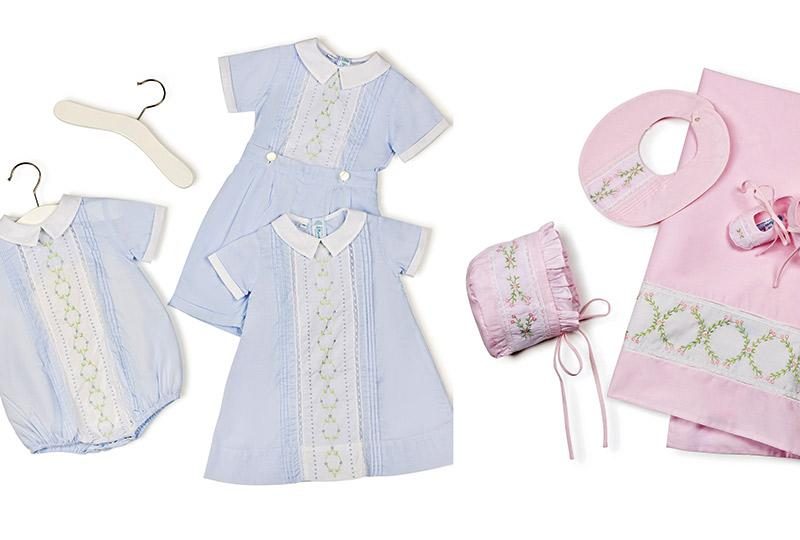
Are your kids friends
By Sara Dimerman
One of the most common concerns amongst parents is sibling rivalry. Sometimes the rivalry is quite innocuous – like when siblings fight over which side of the couch to sit on or who got more French fries. Other times it’s more extreme, like when there’s hair pulling and toys being thrown.
Parents typically step in but then end up becoming part of the hostile dynamics. Their kids accuse them of taking sides, making the situation worse or being unfairly punitive. An intervention at the first sign of a fistful of hair is not a bad idea, but what about the majority of the time, when spats are not as serious or potentially harmful?
I know that it’s only with the best of intentions that you try to mediate – hoping to end the fight quickly so as to restore relative calm. You may also worry about your children’s future relationship.
There are many reasons for division between siblings, some of which originate during their growing up years or are due to factors that no one has any control over. For example, there is birth order to consider and the way that each child feels as a result of his or her position in the family. The age gap between siblings can affect their relationship and added to this, the age and time of life at which parents had each.
Miss-matched offspring
Siblings, despite being raised by the same parents, may have very different personalities, temperaments and outlooks on life. They may just not be compatible. The dynamics at home can affect sibling relationships too. One child may identify more with angry, resentful mom, for example, and the other may have a special place in her heart for dear dad who she perceives as being belittled and down trodden.
This division within the family may be played out by the siblings – when they are young and even as they grow into adults – with each defending the other parent’s position. Parents tell your children that you appreciate their help but that mom and dad can fight their own battles.
Feeling the love
Even siblings with different temperaments can agree to disagree. Sometimes they don’t always like or are disappointed in the other, but there’s an increased likelihood of them being able to work through this so long as parents don’t try to enforce love and affection and a feeling that to love one’s sibling is a responsibility or obligation.
Other factors that affect how well or poorly your children get along – now and later – include what you say to each about or in front of the other. Even telling one child how much better behaved he is than his brother or confiding in one child about how frustrated you are with her sister can lead to no good.
The better behaved child may not appreciate being put on a pedestal and the message he gets is that his brother is inferior. Confiding in a child about his sibling puts him in a difficult position. If you want to create a strong alliance between siblings, then let them be on the same team.
Don’t take sides
When your child is frustrated with her sibling and comes to tell you about it, try not to take sides. Instead, encourage each of them to work it out together. Let them know that you have confidence that they can. And when they’re struggling and share mean words with you about the other, listen and acknowledge but try not to pass judgement or put a band aid on it.
Instead of “don’t say that about your sister. She didn’t mean what she said and you should love her,” rather say something like “you’re angry and frustrated with your sister and don’t want to be around her right now. But I know you can work it out later.”
So, the next time your children are fighting, think about short term pain for long term gain and keep in mind that your intervention may actually result in quite the opposite of what you’re hoping for.
Sara Dimerman has been an individual, couple and family therapist for more than 20 years and is the author of three books – 'Am I A Normal Parent?', 'Character Is the Key' and a book for couples – ‘How can I be your Lover when I’m too Busy Being your Mother?’ Visit www.helpmesara.comand follow Sara on Twitter @helpmesara






